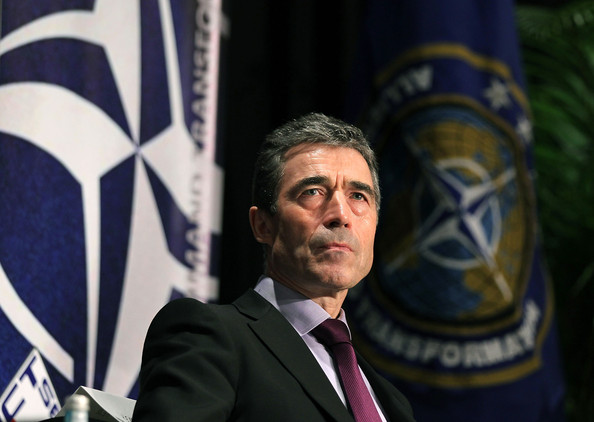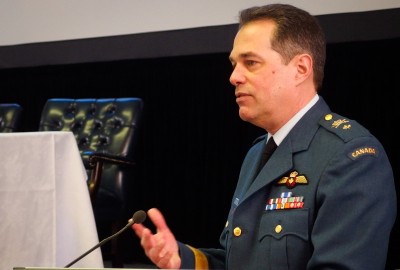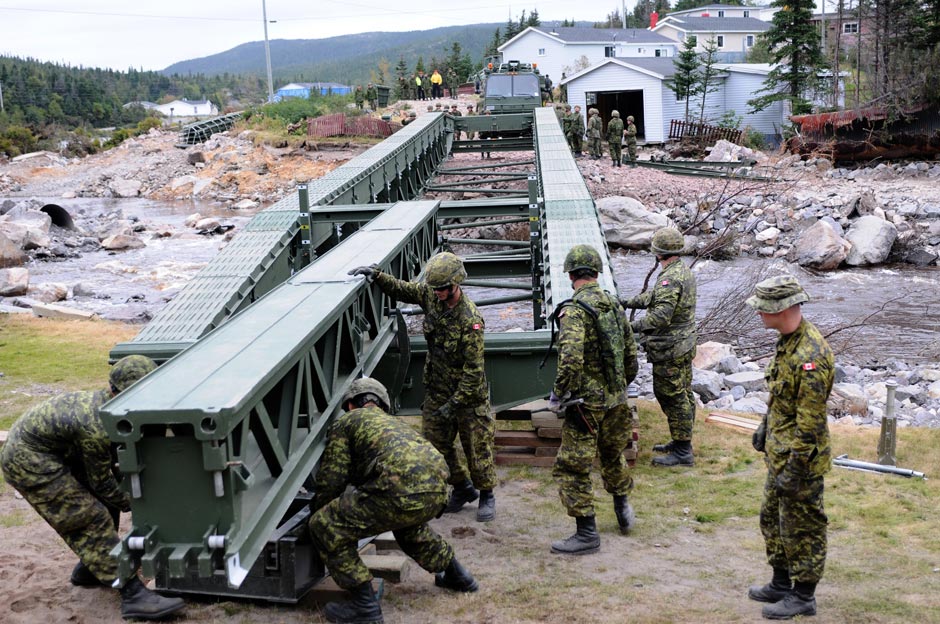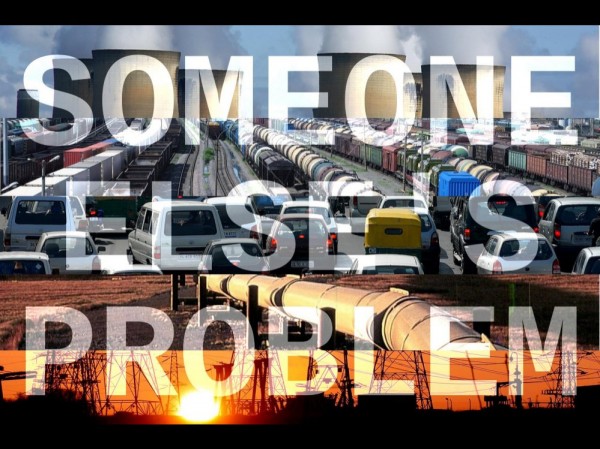On Thursday September 19, NATO Secretary General Anders Fogh Rasmussen addressed the NATO General Assembly. The topic of the Secretary General’s speech was the direction NATO will take post-2014 as troops withdraw from Afghanistan.
Rasmussen highlighted the turbulent state of international affairs today. In an uncertain world, Rasmussen sees NATO as a pillar of security and strength in Europe and North America. He addressed the Syrian crisis directly, stating: “NATO remains vigilant. We continue to keep the situation in Syria in close review. And we continue to protect the Alliance’s south-eastern border”. Despite this, Rasmussen emphasized that the solution to the crisis will be political, though he felt certain that recent diplomatic breakthroughs were a direct result of a credible military threat.
Further, Rasmussen pointed to three main concerns for the future of NATO. Firstly, his aim is to maintain robust defence and deterrence through multilateral procurement, to reaffirm the bond between Europe and North America (primarily through encouraging European leaders to increase their funding to NATO and ease the US’s economic burden) and to bolster NATO’s global perspective.
[captionpix align=”right” theme=”elegant” width=”300″ imgsrc=”http://natoassociation.ca/wp-content/uploads/2013/09/486750_10151577261962488_1415244062_n.jpg” captiontext=”NATO Secretary General Anders Fogh Rasmussen”]
Rasmussen criticized European defence systems by suggesting they are “too national and too fragmented”, pointing to greater coordination as the best way forward. In addition, once European economies have better recovered, Rasmussen encouraged increase defence spending, pointing out, “I believe that European nations can, and should, do more to match America’s commitment”. He praised the US’s increased attention to the Asia-Pacific region, and recommended Europe do the same.
The emphasis of his talk was on cooperation. Rasmussen encouraged joint training and partnerships. For example, NATO is looking into a request from Libyan officials to “provide advice in the development of Libya’s national security forces”, and to increase ties with the Arab League, African Union, and the Gulf Cooperation Council. Though highlighting these movements, Rasmussen was quick to reassure members that NATO does not seek to occupy a ‘global policeman’ role.
As NATO suffers from something of an existential crisis following withdrawal from Afghanistan, Rasmussen has a responsibility to assert NATO’s relevance to Europe to ensure continued funding. It is clear that he perceives NATO’s next missions to be in the Asia-Pacific, and as such we will see increased partnerships, training missions, and dialogue with key states as NATO’s moves East.




